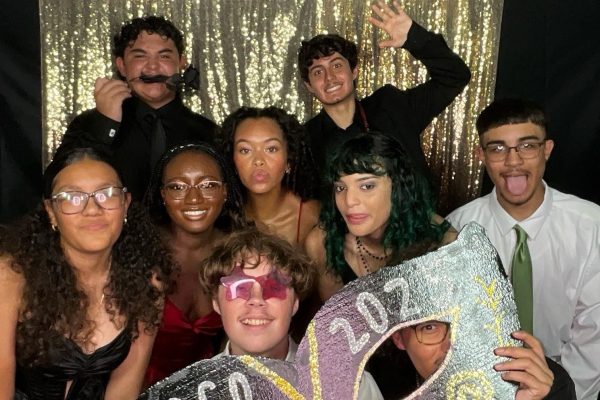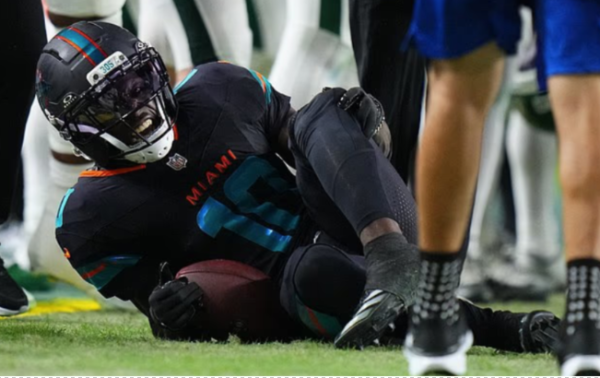Was Legally Blonde Onto Something?
How Femininity is Treated based on Gender-Bias in Schools and Workplaces
Images used from Metro-Goldwyn-Mayer Studios Inc.
Graphic made by Christin Blanco
In the film “Legally Blonde” we see character Elle Woods deal with the hardships of being a feminine woman when it comes to education and the workplace. Though the movie has its cliches and cheesy 2000’s movie scenes, some of these hardships seem to ring true in the real world.
According to the UCLA Center for Mental Health in Schools, female students are given less participation opportunities than male students in classroom discussions. Researchers have also found that opinions expressed by female students are treated as unimportant and inferior by male peers, as male students would interrupt most of the time a female was speaking. Sophomore Paris Garcia stated, “Some of the boys in the school are pretty sexist, so they think girls are weak or can’t do things that guys can do, you know?”
When it comes to working, women are already paid 17% less than men, which means a female is paid $20 less than every $100 a man makes, as reported by Harvard Business Review. Because of this it is no surprise that women are treated differently in social work situations. This is truly relevant for high schoolers, since our teenage years are when most acquire their first job and search for a future career to pursue as an adult.
An anonymous female Junior elaborated on her own experiences in the workplace as a woman stating, “I could never wear Jeans because it could be ‘distracting for other male coworkers.’ My other coworkers got to wear the same exact thing, but no one ever said anything about their clothes strictly because ‘they are men’ and ‘It’s different’.”
Male students also face scrutiny if others believe they act out of the “gender norm.” The University of Akron’s Stacey Nofziger claims that boy-on-boy bullying situations most of the time are “grounded in” hegemonic masculinity, which is described as a practice that supports men’s dominance in society and justifies the subordination of marginalized groups such as women.
An anonymous male Junior said: “I guess you can say that I act pretty ‘girly.’ It’s put me in uncomfortable situations with other guys since they think it makes me gay or when I talk to other girls, they think I’m hitting on them.”
The effects of gender biases on females and feminine students are just as bad. Women are less likely to participate in certain educational activities and jobs, especially in fields like STEM (Science, Technology, Engineering and Mathematics) where, according to the American Association of University Women, women only make up 28% of the STEM workforce. And, in a report conducted by the National Center for Injury Prevention and Control, victims of bullying and discrimination are also more likely to have depression, which can then lead to self-harm and suicide.
Can we fix this?
There is no for sure way to “fix” these problems, but there are ways to try and prevent them such as:
- Addressing your peers equally
- Training teachers to treat students equally
- Reporting situations that make you or feminine peers uncomfortable or feel threatened
- Voting against the gender wage gap
- Keeping unwarranted opinions from affecting your actions
Keeping an open mind is especially important and learning about these issues and teaching others about them are some of the best things we can do to help.
Your donation will support the student journalists of Four Corners Upper School. Your contribution will allow us to purchase equipment and cover our annual website hosting costs.

Christin Blanco is a Senior at Four Corners Upper School, making her 2nd year debut on the Coyote Chronicle. Her hobbies include listening to the coolest...







